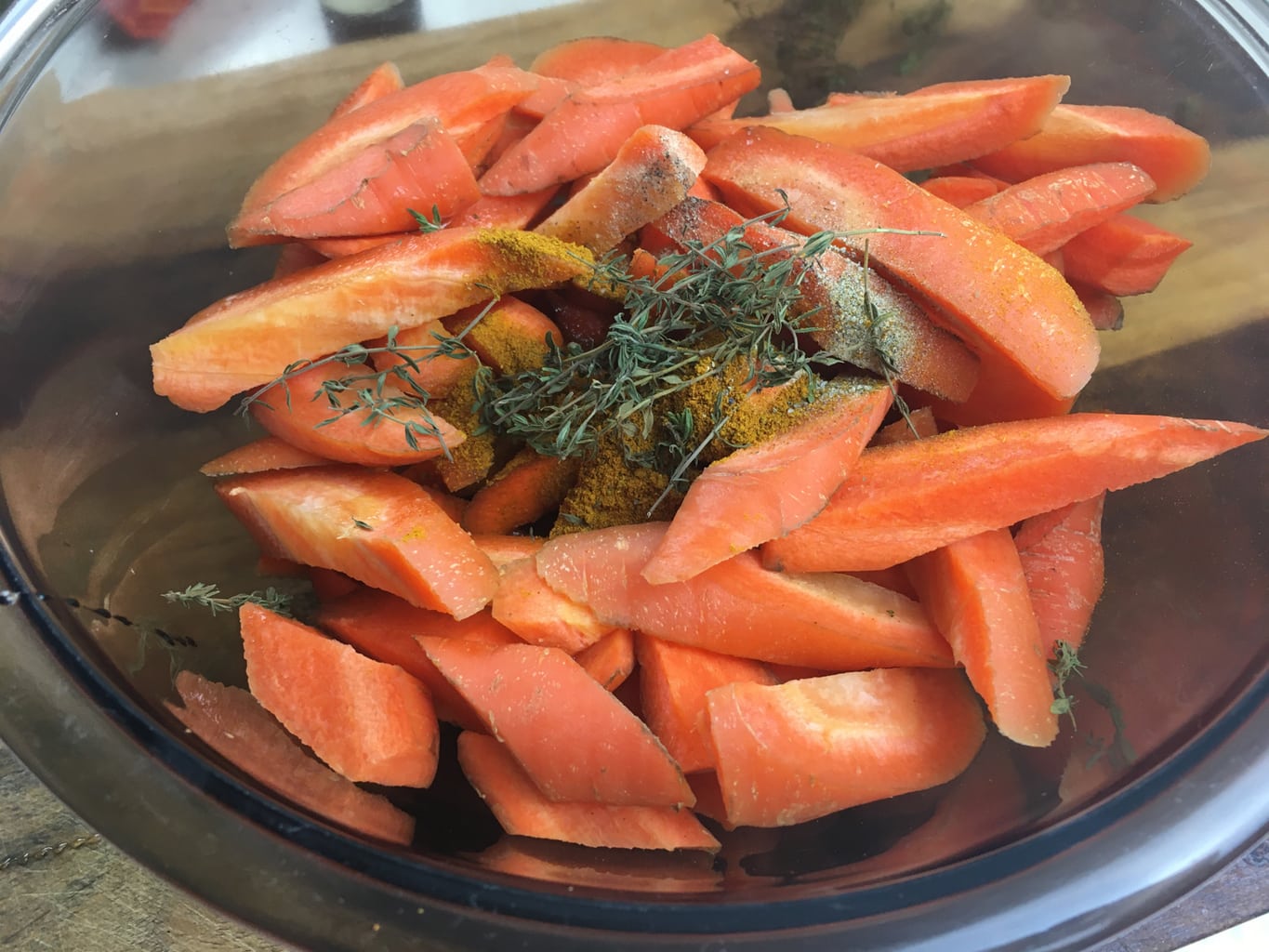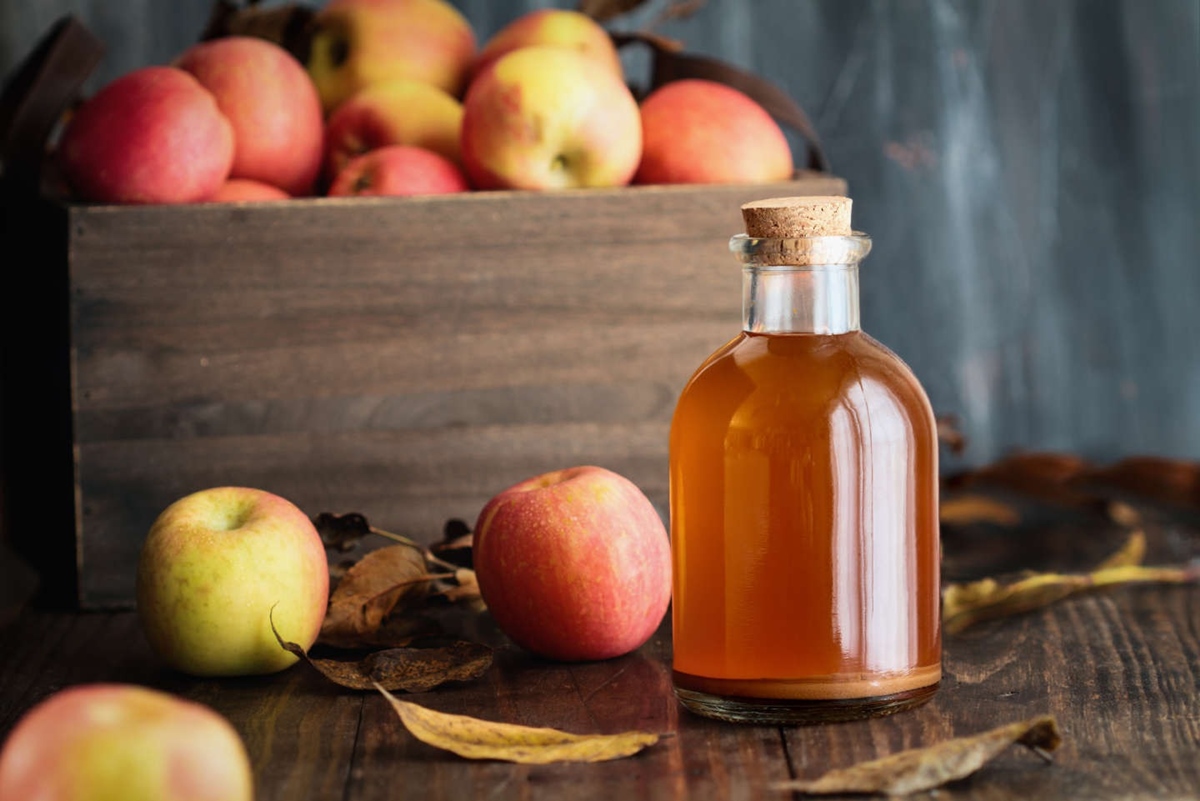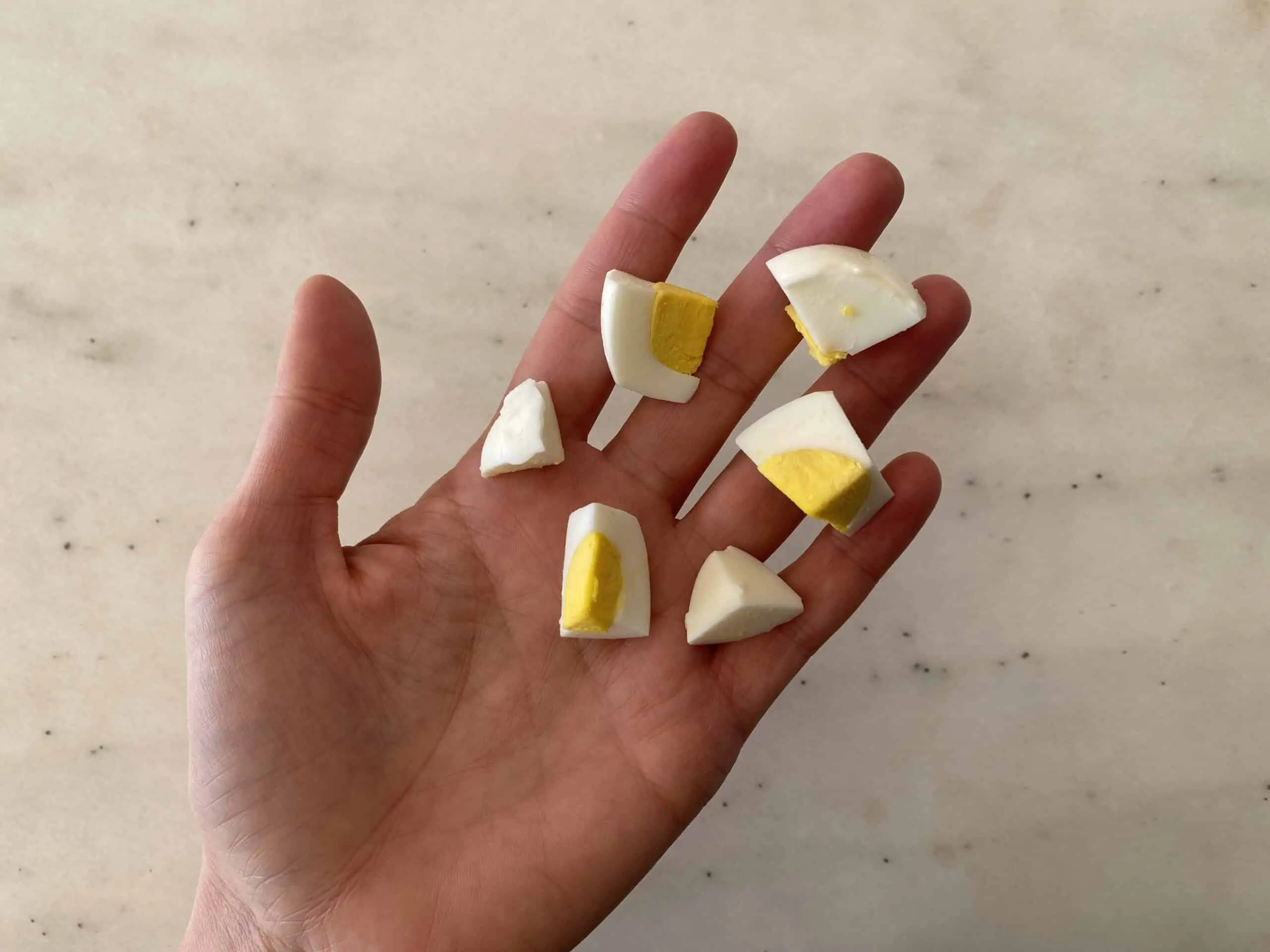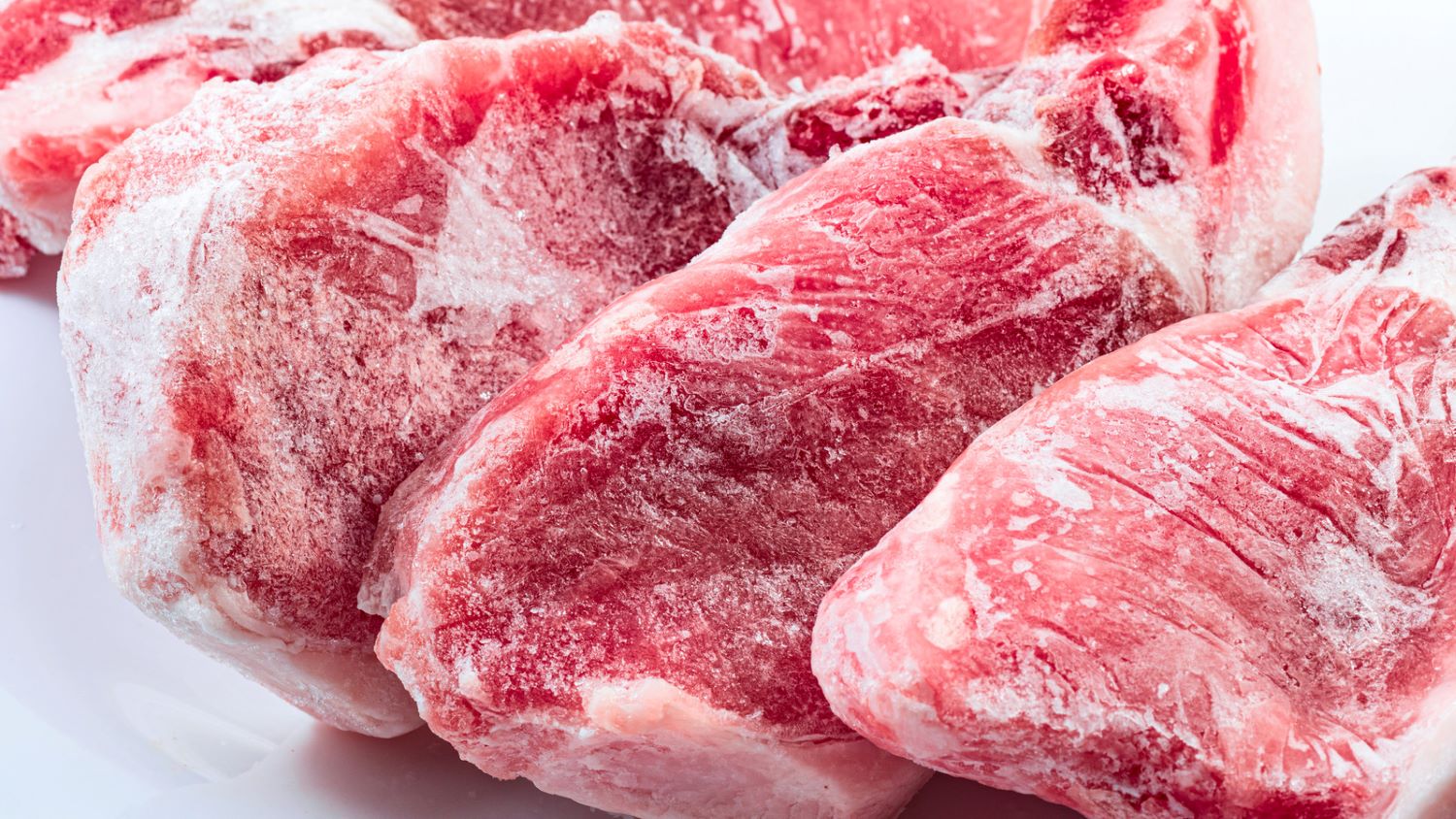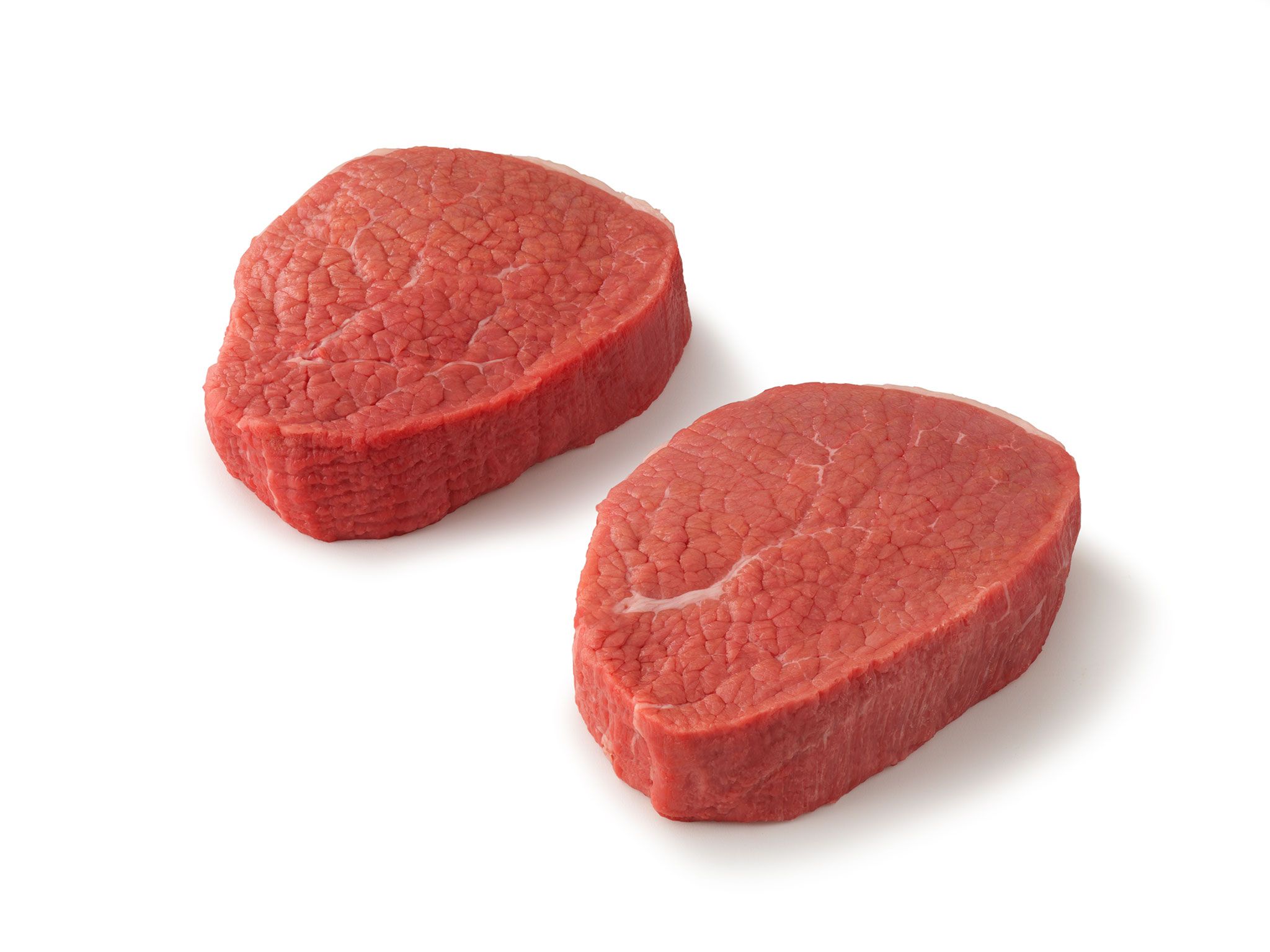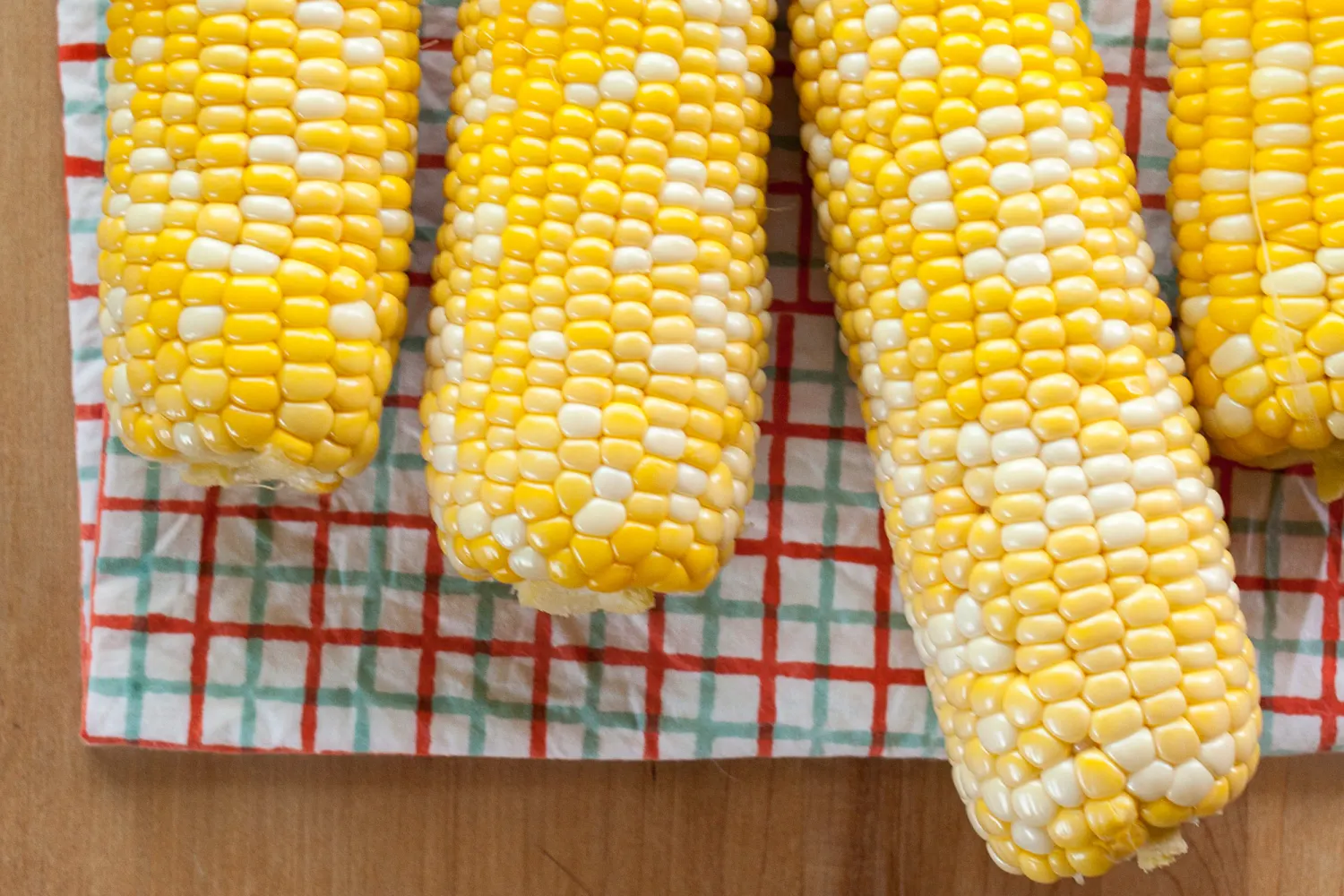How To Cut Arugula For Salad: A Step-by-Step Guide
If you’re a fan of fresh and peppery flavors, then arugula is the perfect green for your salads. Known for its vibrant color and distinct taste, arugula adds a delicious kick to any dish. But, do you know how to cut arugula properly to enhance its flavor and texture? In this article, we’ll guide you through the steps of cutting arugula for salad like a pro.
1. Selecting the Perfect Arugula
Before we dive into the cutting technique, it’s important to choose the right arugula for your salad. Look for fresh and crisp leaves with vibrant green color. Avoid any arugula that looks wilted or has yellowing edges.
2. Wash and Dry the Arugula
Start by thoroughly rinsing the arugula leaves under cold running water to remove any dirt or debris. Next, gently pat the leaves dry using a clean kitchen towel or a salad spinner. Dry arugula leaves will make it easier to cut them evenly.
3. Remove the Stems
Take each arugula leaf and hold it by the stem. Using a sharp knife or kitchen shears, carefully cut off the stems close to where the leaf starts. Discard the stems as they can be tough and bitter.
4. Slice or Tear the Leaves
Now that the stems are removed, it’s time to decide whether you want to slice or tear the arugula leaves. Both methods have their benefits and it ultimately depends on your preference. If you prefer a more delicate and rustic look, tear the leaves into bite-sized pieces. On the other hand, if you prefer a neater and uniform salad, stack a few leaves together and thinly slice them into ribbons.
5. Store the Cut Arugula
If you’re not using all the arugula at once, store the leftover cut leaves properly to keep them fresh. Place the cut arugula in an airtight container or a sealable plastic bag. Press out any excess air before sealing. Refrigerate the arugula and use it within a few days for the best flavor and texture.
6. Tips for Dressing the Arugula Salad
When it comes to dressing your arugula salad, keep it simple to let the flavors shine. A drizzle of extra virgin olive oil, a squeeze of fresh lemon juice, a pinch of salt, and a sprinkle of freshly ground black pepper are all you need. Toss the arugula with the dressing just before serving to prevent wilting.
Now that you know how to cut arugula for salad properly, it’s time to put your newfound skills to use and create a delicious and visually appealing dish. Whether it’s a simple side salad or a gourmet creation, the vibrant flavors of arugula will definitely elevate your culinary experience. Enjoy!
For those looking to master cutting arugula for salads, there are several recipes to try out that will showcase your new skill. The Arugula and Prosciutto Pizza makes for a fantastic culinary experience, combining the peppery taste of arugula with the savory notes of prosciutto. Another must-try is the Classic Arugula and Parmesan Salad, where the simplicity of the ingredients allows the freshness of perfectly cut arugula to shine. If you enjoy a hint of sweetness, the Arugula, Strawberry, and Feta Salad will be a delightful choice, balancing flavors beautifully. For those who prefer more robust flavors, the Arugula and Beet Salad with Goat Cheese offers a rich combination that is both earthy and creamy. Finally, the Arugula Pesto Pasta is a versatile dish where arugula's peppery punch turns a simple pasta into a gourmet meal.
Was this page helpful?
Read Next: How To Cut The Acidity In Tomato Soup
